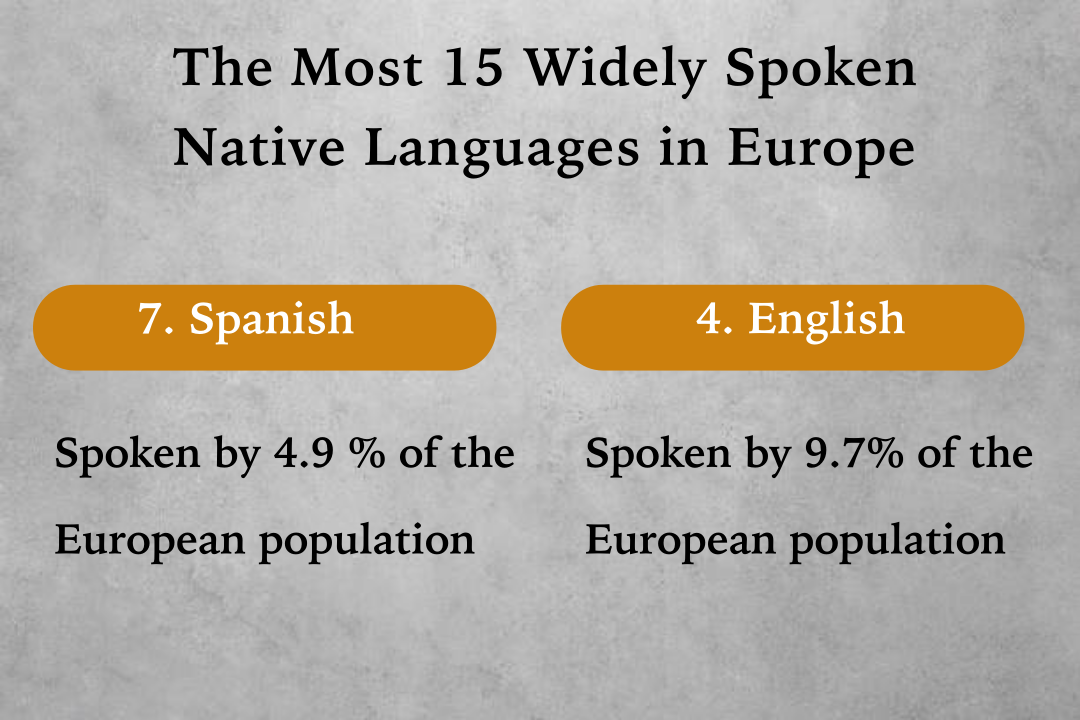The Irritating question that comes to your mind is “why do I have to avoid the word very when it is widely used in books and daily conversation and why does it sound useless?”
Thank you for reading this post, don't forget to subscribe!The answer is you have all the right to use “very”. It adds emphasis. But wait, the problem is not about using it but rather about “overusing” it when there are alternative words that will make you look smarter, creative, more precise, and professional.
Here at the Lingwist, we share other adjectives to avoid using “very”, be interesting, and finally express yourself easily in English.
| Very + Adjective | Use instead | Example of adjectives in a sentence |
| afraid | terrified | She was terrified by the thought of him leaving her |
| angry | furious | There seemed to be no way to escape the anger of this furious man |
| beautiful | exquisite | She has an exquisite face |
| big | immense | With immense relief I stopped running |
| bad | atrocious | The troops suffered atrocious conditions in bitterly cold winters, with temperatures down to minus 30C. |
| bright | dazzling | He shielded his eyes against the dazzling declining sun |
| capable | accomplished | He was also an accomplished pianist |
| clean | spotless | Each morning cleaners make sure everything is spotless |
| clever | brilliant | Her brilliant performance had earned her two awards |
| cold | freezing | She stood trembling in the freezing air, hugging the shadows of the Berlin night. |
| conventional | conservative | It is essentially a narrow and conservative approach to child care. |
| dirty | squalid | He followed her up a rickety staircase to a squalid bedsit |
| dry | parched | The clouds gathered and showers poured down upon the parched earth. |
| eager | keen | He’s a very keen student and works very hard. |
| fast | quick | You’ll have to be quick. The flight leaves in about three hours. |
| fierce | ferocious | The police had had to deal with some of the most ferocious violence ever seen on the streets of London |
| good | superb | The waters are crystal clear and offer a superb opportunity for swimming. |
| happy | jubilant | Ferdinand was jubilant after making an impressive comeback from a month on the injured list. |
| hot | scalding | tried to sip the tea but it was scalding. |
| hungry | ravenous | She realized that she had eaten nothing since leaving home, and she was ravenous. |
| large | colossal | There has been a colossal waste of public money. |
| lively | vivacious | She’s beautiful, vivacious, and charming |
| neat | immaculate | Her front room was kept immaculate |
| old | ancient | They believed ancient Greece and Rome were vital sources of learning. |
| poor | destitute | A woman answered the knock at her door and found a destitute man. |
| risky | perilous | The road grew even steeper and more perilous. |
| roomy | spacious | The house has a spacious kitchen and dining area. |
| rude | vulgar | He was a vulgar old man, but he never swore in front of a woman. |
| serious | solemn | His solemn little face broke into smiles. |
| small | tiny | The living room is tiny. |
| strong | unyielding | The authorities proved unyielding on one crucial opposition demand. |
| stupid | idiotic | It was an idiotic thing to do, not wear a seat belt. |
| thin | gaunt | Looking gaunt and tired, he denied there was anything to worry about. |
| tired | drained | I was emotionally drained, hemmed in by my divorce lawyers. |
| Tiring | grueling | He had complained of exhaustion after his grueling schedule over the past week. |
| ugly | hideous | She saw a hideous face at the window and screamed. |
| valuable | precious | A family break allows you to spend precious time together. |
| weak | feeble | He told them he was old and feeble and was not able to walk so far. |
| wet | soaked | I have to check my tent–it got soaked last night in the storm. |
| wicked | villainous | She had a villainous friend. |
| wise | sagacious | Step by step, with sagacious and patient accuracy, he advanced to the great discovery which has immortalized his name. |
| worried | anxious | The miners were anxious to avoid a strike. |
if you find the article informative and interesting, please share.
These are the consulted websites:
1. https://www.writerswrite.co.za/45-ways-to-avoid-using-the-word-very/
2. https://www.collinsdictionary.com ( for sentence examples)
3. https://www.speakconfidentenglish.com/how-to-avoid-using-very/







